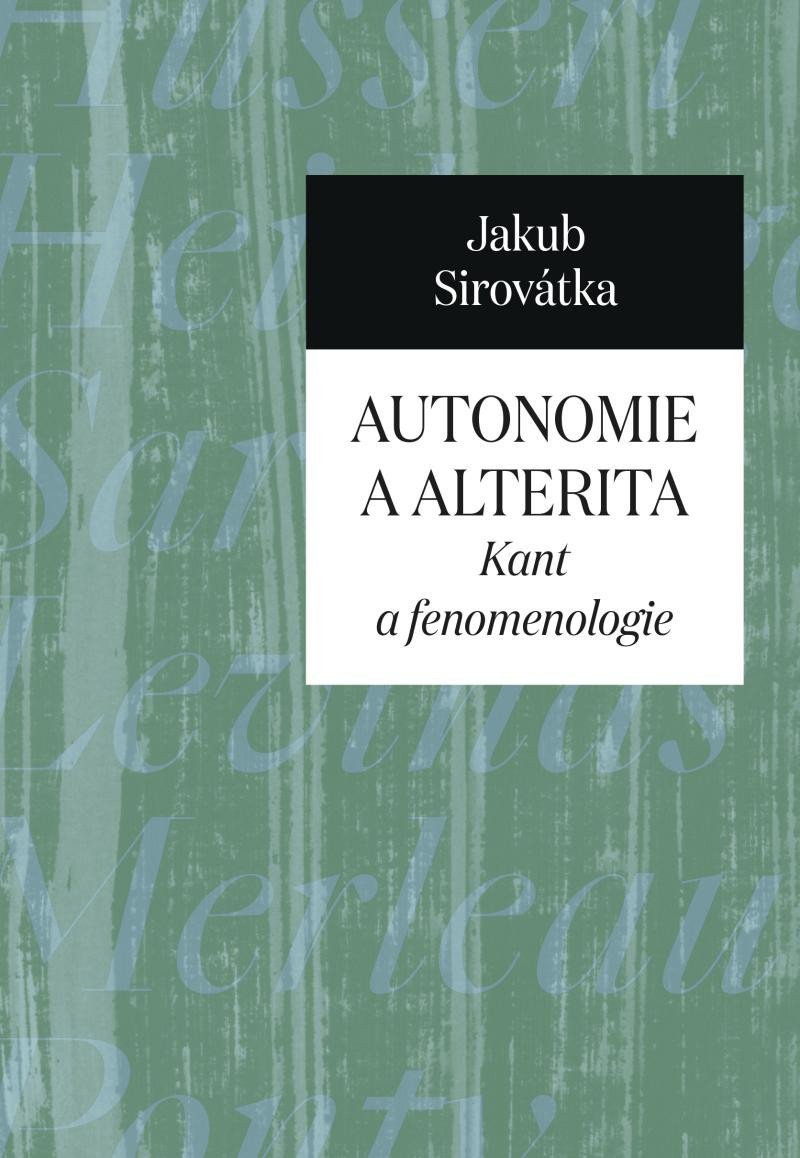Description
The book Autonomy and Otherness addresses the relationship between autonomy and otherness, based on a dialogue between Kant's philosophy and phenomenology. The concept of autonomy is presented through Kant's thinking, focusing on his practical-ethical philosophy, where several meanings of autonomy can be distinguished: autonomy as self-legislation, as the supreme moral principle, as freedom, and as the foundation of human dignity. However, it would be a mistake to envision the autonomous subject as an isolated entity. Autonomy is a relational matter and thrives on certain conditions. The elaboration of the relational field of autonomy is the subject of the phenomenological part, using theories of intersubjectivity. These are frameworks that describe the relationship to the Other based on an a priori, shared foundation: from the original and intersubjectively shared world in Husserl, through the intertwining in Merleau-Ponty, to co-being in Heidegger. The alternative models of Levinas and Sartre, on the other hand, emphasize a radical separation between the subject and the other person. The Other stands in an immediate relationship to the subject and radically questions its autonomy.
Information
Author: Sirovátka Jakub
Publication date: April 20, 2023
Manufacturer: Mervart Pavel Mgr.
Genres: Books, Philosophy, Specialized and technical literature, Social sciences
Type: Hardcover books
Pages: 192
ISBN/EAN: 9788074655852

